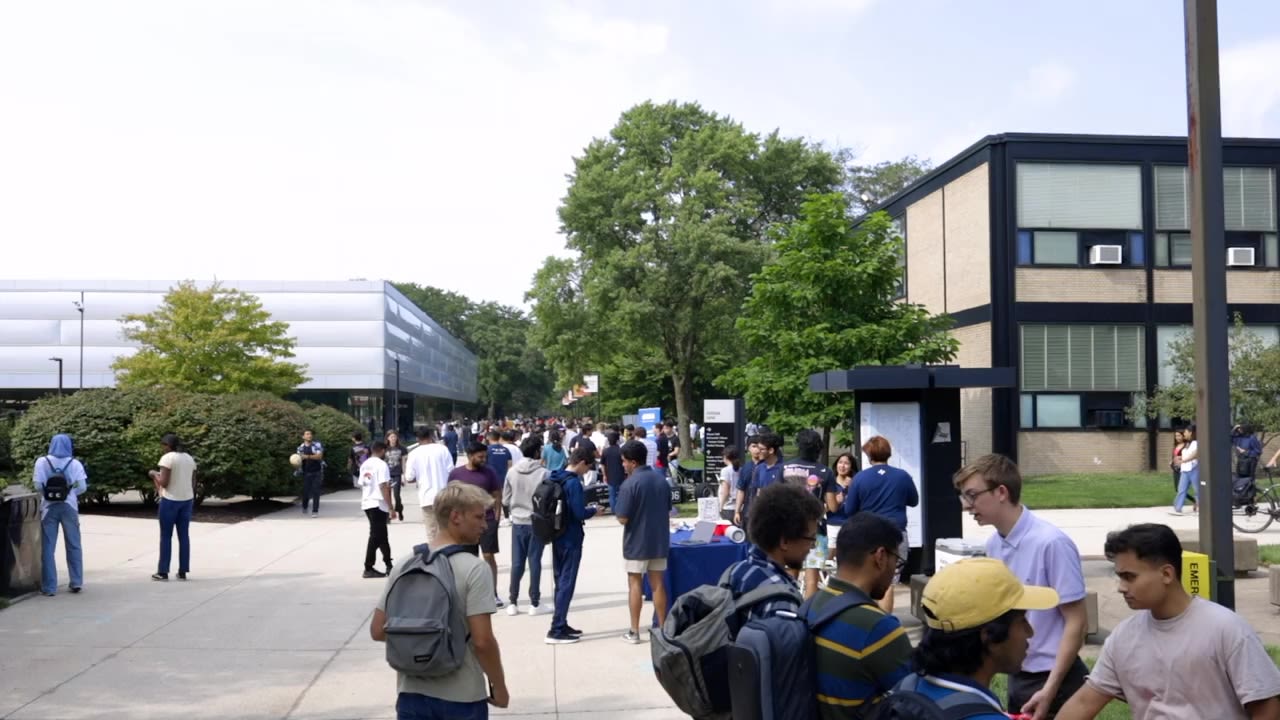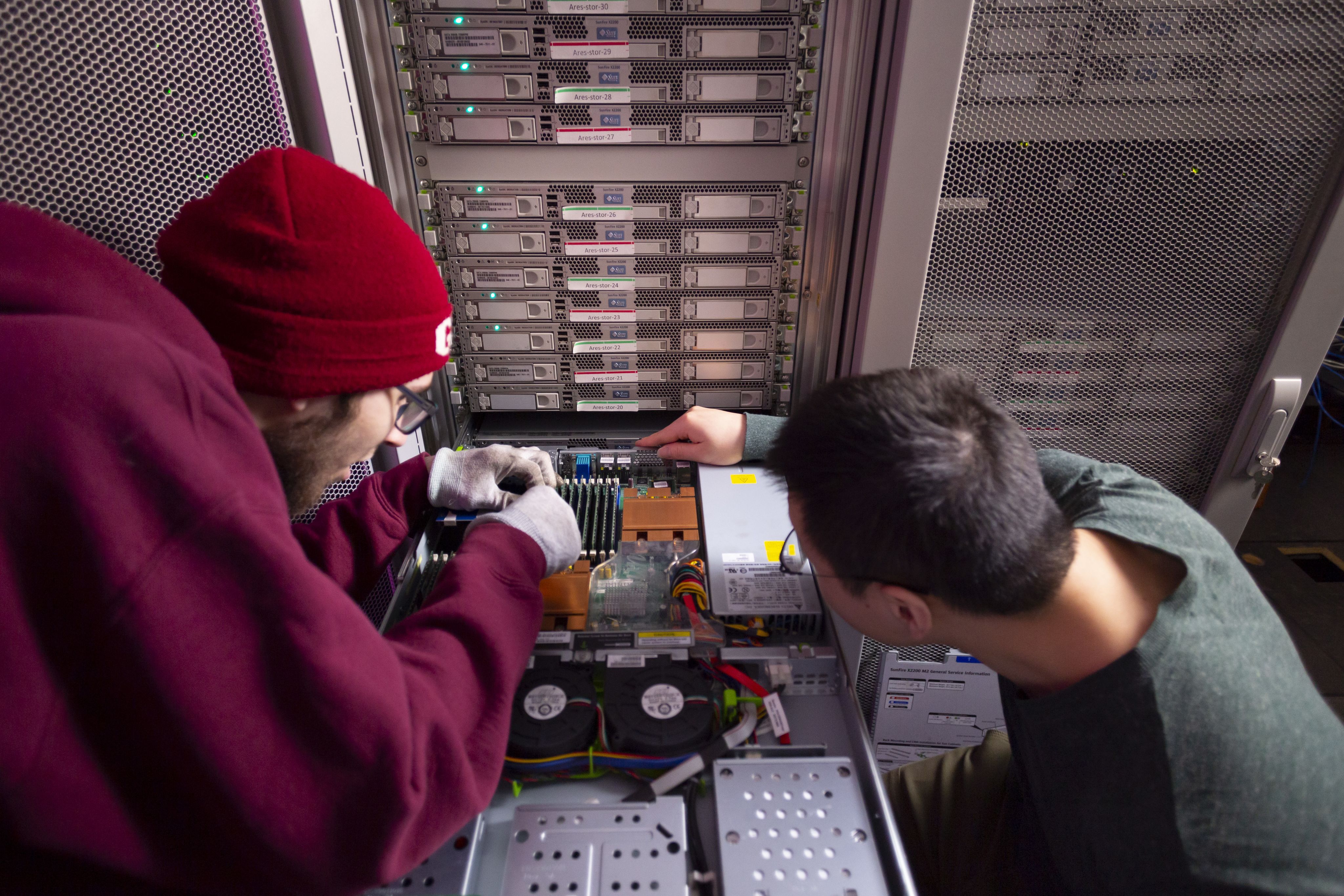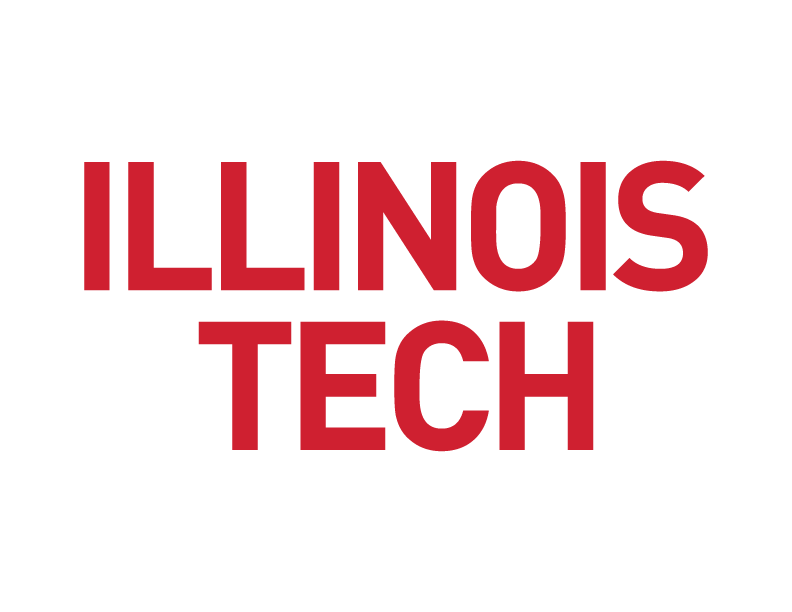4 Ways to Improve Graduate Outcomes and Economic Mobility
Demonstrating the Value of Higher Education Through Career Success, Not Selectivity

Higher education is experiencing a fundamental shift in how the value of a degree and learning experience offered by universities is measured. Gone are the days when selectivity and price drive the prestige of an institution or a degree. Today, the focus is on access, economic mobility, and the long-term career success and value provided to students. In the last year, the Carnegie Foundation for the Advancement of Teaching and the American Council on Education announced a more inclusive redefinition of college classifications to emphasize economic mobility. College rankings have followed suit, with the Wall Street Journal transforming its methodology for its 2024 rankings to prioritize value-added metrics over traditional measures such as the wealth or reputation of an institution. Similarly, U.S. News & World Report now places greater importance on student outcomes, the graduation rates of Pell Grant recipients, and the success of first-generation college-goers.
These shifts in evaluation criteria signal a broader recognition that the true worth of an institution lies not in its exclusivity but in its ability to propel students of all backgrounds to lasting economic success.
How Can Universities Improve Economic Mobility?
So, how can university leaders demonstrate the value of higher education using these new metrics? Improving economic mobility is two-fold. Mobility metrics are about more than outcomes, such as improving graduates’ starting salaries. Mobility is about creating opportunities to provide college graduates with meaningful, relevant experiences and lifelong skills for professional readiness and success. It’s also about ensuring access to these opportunities for diverse learners from all backgrounds.
Illinois Institute of Technology (Illinois Tech) has significantly improved both access and outcomes for graduates. In 2023, the tech-focused university in Chicago was recognized for its success in improving access by Bloomberg Philanthropies, which named it an American Talent Initiative (ATI) High-Flier for its high Pell share and innovative recruitment, enrollment, and retention practices. Illinois Tech was ranked #35 on the 2023 New York Times College-Access Index for economic diversity. In measuring the impact of a college’s value added to graduate earnings, Illinois Tech was ranked #16 in the United States by the Wall Street Journal for Salary Impact.
Here are four ways Illinois Tech’s approach maximizes its impact on economic mobility.

1. Prioritize Comprehensive Experiential Learning
According to the National Association of Colleges and Employers, 91 percent of employers seek job candidates with work experience. Illinois Tech’s approach to experiential learning is not just an educational strategy; it’s a catalyst for economic empowerment. By integrating academic learning with career preparedness, Illinois Tech sets its students on a path to immediate and long-term professional success and economic prosperity.
Illinois Tech’s latest initiative, Elevate, symbolizes its dedication to experiential learning. Elevate integrates job readiness into the educational journey, guaranteeing all students access to hands-on experiences and mentorship that lead to career readiness. Elevate includes internships, research projects, competitions, short courses, and other outside-the-classroom opportunities that instill problem-solving, leadership, emotional intelligence, and other twenty-first-century skills that employers demand.
2. Focus on Real-World Skills
Learners increasingly emphasize career-focused training and skills when deciding on their education pathways. A recent national survey by Gallup and the Carnegie Corporation of New York revealed that nearly half of Gen X parents seek more postsecondary options for their Gen Z children. Even among those desiring a bachelor’s degree for their children, 40 percent are interested in skills- and work-focused training opportunities over traditional higher education. This shift in parental expectations emphasizes the importance of offering diverse and practical educational opportunities.
How can universities develop such opportunities? One approach is to work with partners in industry and the community. Nearly 30 years ago, Illinois Tech introduced the Interprofessional Projects (IPRO) Program, setting a benchmark in experiential learning. IPRO—an academic requirement for all undergraduates—groups students from diverse majors to solve real-world problems. IPRO allows students to work with employers and fosters skills crucial for modern workplaces, such as creativity, critical thinking, and teamwork.
The success of Illinois Tech’s approach combining relevant academic and real-world education is evident in its graduates’ success, which is well above national averages. More than 90 percent of 2022 graduates secured full-time employment or continued their education, and undergraduates reported a mean average starting salary of $75,352 and graduates of $87,258.


3. Align Degree Programs with Industry Demands and Certifications
Aligning education with industry needs is critical to ensuring students thrive in future workplaces. Illinois Tech courses are mapped to the certifications and micro-credentials most demanded by industry, so students are prepared for a competitive job market on day one after graduation. While progressing academically, students can build their resumes and demonstrate skills to prospective employers.
Illinois Tech’s partnership with Coursera to offer four new degree programs blending academic rigor with industry credentials, providing performance-based admissions and course credit for industry certifications, has attracted hundreds of lifelong learners, breaking down barriers to high-quality education.
4. Create Access and Opportunities for Diverse Learners
At the heart of successfully improving economic mobility metrics is delivering outcomes and value that meaningfully improve the position of graduates. Expanding access by targeting a diverse range of learners is essential. This includes part-time students, working professionals seeking to change careers, and high school graduates who may need to improve the foundational skills needed to succeed in a STEM degree.
How can universities reach these learners?
One successful strategy is to meet learners where they are and create pathways to higher education from different points of a lifelong learning journey, K through Gray. Illinois Tech’s Ascend program is unique to traditional community-college transfer pathways in that it enables learners who have applied to Illinois Tech and need additional academic preparedness or who see affordability as a barrier to study at one of the seven City Colleges of Chicago while they take part in first-year experiences such as living on campus and accessing student support at Illinois Tech. This collaboration with City Colleges offers graduating high school seniors a cost-effective and flexible path to pursue their academic journeys. Students begin their college experience at a partner institution and transition seamlessly to full-time study at Illinois Tech to finish their bachelor’s degree upon completing the first year.

Illinois Tech’s approach to enhancing economic mobility and graduate outcomes aligns with the evolving metrics for university evaluation, emphasizing inclusivity, industry relevance, and tangible career value over traditional measures of prestige.
This approach serves as an evolving model that adapts to the shifting landscape of higher education, where the accurate measure of success is the ability to equip students for lasting professional success, which enables economic prosperity.
Visit www.iit.edu to learn more about Illinois Tech’s commitment to economic mobility and career readiness and discover how we are redefining success in higher education.
This content was paid for and created by Illinois Institute of Technology. The editorial staff at The Chronicle had no role in its preparation. Find out more about paid content.



